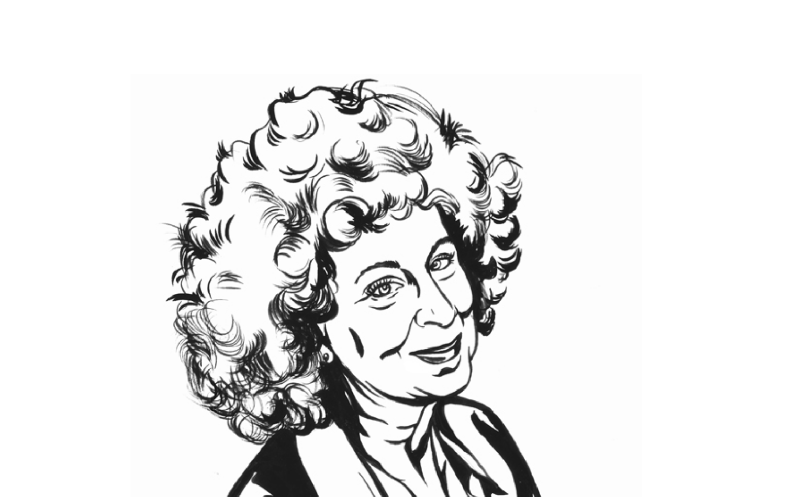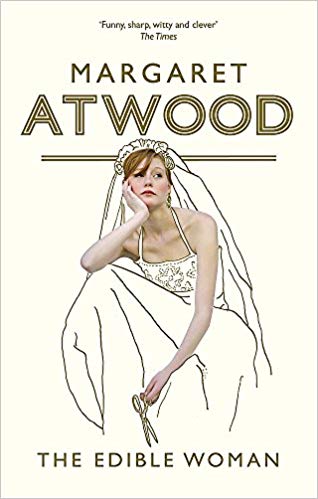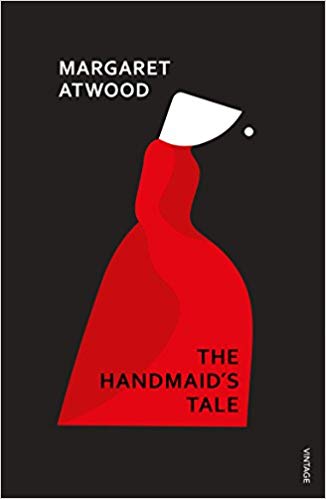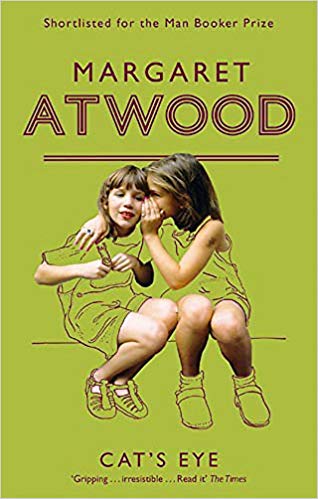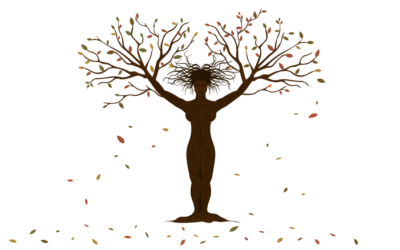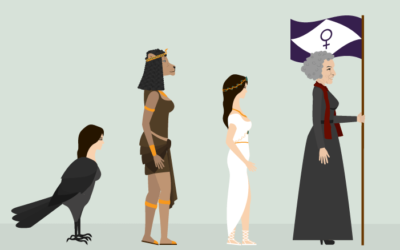How Margaret Atwood Portrays Women In Her Books

Deya Bhattacharya
July 05, 2018
Atwood’s women are not complete. Her female protagonists are glorious and insufficient. And in as much as Atwood turns conventional novel-writing on its head, by placing men at the far end of her plot lines, her female protagonists don’t, by any means, dwell in absolute rectitude. And in this, her protagonists are real and self-conscious.
With every female protagonist that we meet in Atwood’s work, we are confronted with a part of ourselves – there is rebellion, anger, misery, and litost. With every character, we construct a little more of our identity. Each female protagonist aids in our ritualised need for remembering and forgetting. And what is our feminism but this atavistic ritual of remembering and forgetting? As Sara Ahmed notes in her book Living a Feminist Life, “Feminist work is often memory work.”
Years later, in 2016, I met Atwood, albeit for a few moments, at the Jaipur Literature Festival. She was at once nothing and everything like her characters – a fierce face, a warm august glow, and measured irony, living in and writing of dystopian worlds. She was, at once, Offred, Charmaine, Elaine, Grace and Marian, and perhaps also their personal demons. I, in an audience of hundreds – nay, thousands, was in a state of rapture, as she spoke effortlessly of dystopias. The audience was jolted when a male attendee asked her if she thought the women’s rights movement had failed. But she came to our rescue – “It was thought that women’s bodies were so floppy that without corsets, they would just dissolve!” With her unmatched wit and deadpan humour, she charted, for this gentleman, the successes of the women’s rights movement – from how women were considered sub-humans, to today, when fundamental rights to work and to vote have been achieved.

Deya is a human rights lawyer by day, and by night, a book nerd, who is constantly running out of shelf-space. Her small apartment in Bangalore, where she is based, has already been swallowed by her meandering bookshelves. Truth be told, this might also be her ultimate plan to avoid all human contact. Deya tweets about feminism, women's rights and (mostly) all things books at @LadyLawzarus.
Read her articles here.

